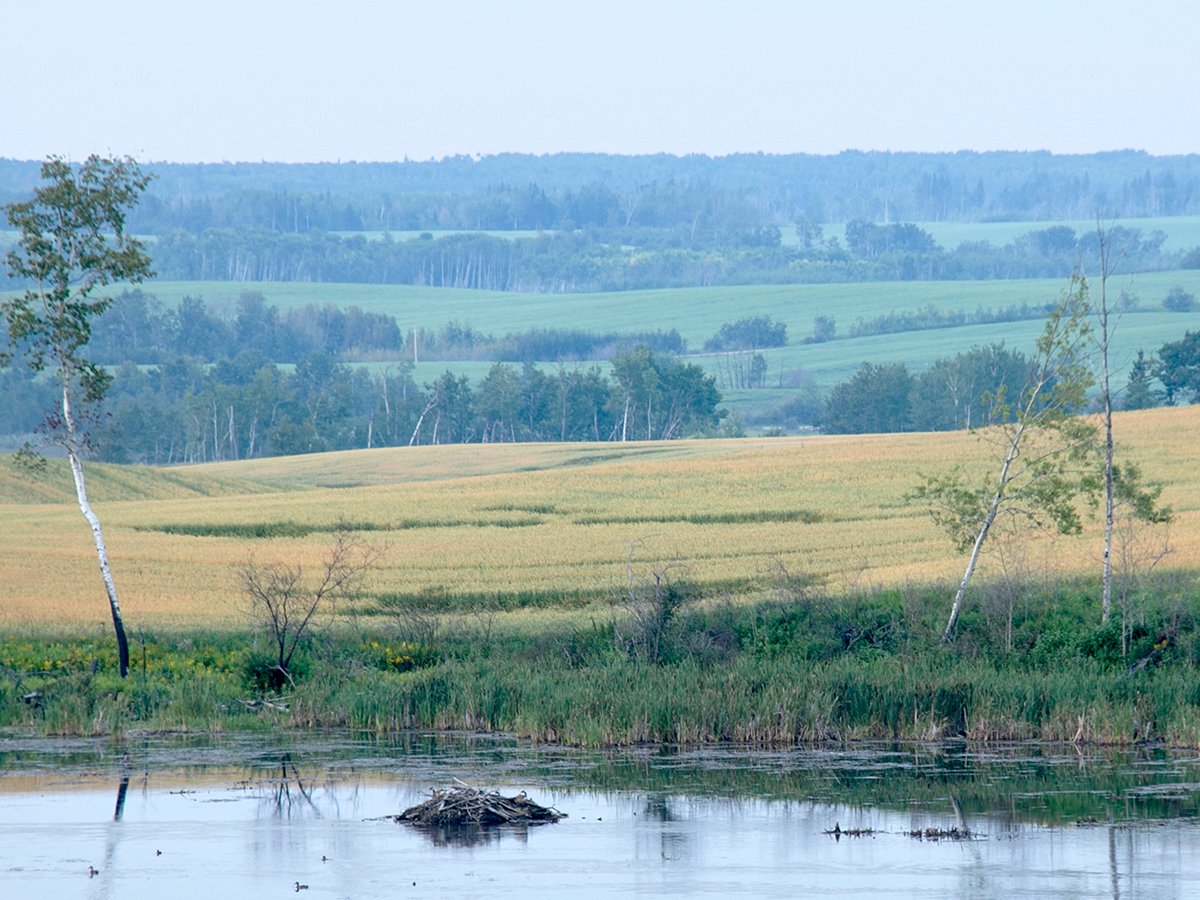Freelance Columnist
opinion
Q: I am having trouble understanding why a person who has purchased land another family has lost will phone that family and tell them “I’m sure enjoying farming your land and do you think I am farming it right?”
This person is a middle-aged male who presents himself as a strong Christian and attends church regularly. Why would a person do something like that? I am not a very religious man myself, but I would never do anything like that. What is wrong with a person like that?
Read Also

Intergenerational rollover rules can help succession plans
One of the most significant concerns in succession planning for farmers is the tax bill that can come with passing the farm to the next generation.
A: That’s a very good question, but difficult to answer. He may be saying those things not realizing they are hurtful to the family that lost the land.
He may also be asking how to treat that land, not realizing how inappropriate his words are. Or, he may be on an ego trip, purposely rubbing it in that he now owns the land that used to be theirs.
That, of course, is cruel. I can’t tell you what is going through that person’s mind. But, I sense his comments bother your sense of right and decency. I respect your feelings and will try to respond from that perspective.
Bad things happen
It is unfortunate, but bad things happen in the world. People lose land and get froze out, hailed out, dried out or even drowned out. Floods, fires and accidents occur and hurt people who don’t deserve to be hurt. People often hurt other people, with words, actions or even weapons. It’s not nice. It’s often cruel.
But it happens. When bad things happen to people, most cry out “Why?” We want to understand why people would do harmful things to others. But there is no answer.
Wrong question
For one thing, we’re asking the wrong question. Everyone’s answer would only apply to them and their belief or value system. In his book, Why Bad Things Happen to Good People, Rabbi Kushner tells us we need to answer a different question, “What do we do about it?”
What do we do about protecting people if they need protection? That’s an important question since it focuses on the victims of harm and their needs.
It calls upon us to share and help others who are in distress, something which is an important value in our society.
What do we do about how to respond to the person who did the bad thing? The New Testament has some directions on this for us. Forgiving is difficult. It doesn’t involve minimizing or denying what someone did. It involves facing what happened directly and working on forgiving them and helping them and us with our healing.
Finally, what do we do about the feelings we experience when bad things happen? This is important.
Our feelings come from our thoughts, ideas and beliefs about what happened around us.
If we feel bad, we need to take a look at those thoughts, ideas and feelings. We need to challenge and unload any thoughts that are unrealistic or harmful to ourselves or others.
By changing our views and thoughts, we change how we feel. And by doing that, we indeed become able to focus on the what rather than the why of the issue.














